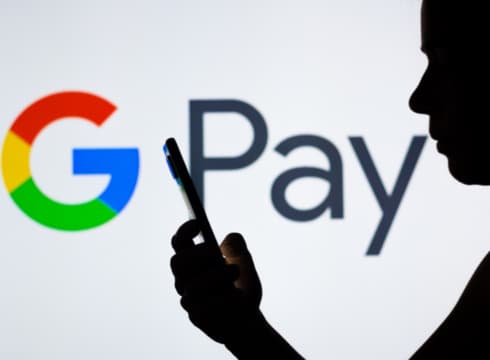The Delhi HC in its order said that Google Pay is a “mere third-party app provider” for which no authorisation from the Reserve Bank of India (RBI) is required
The PILs sought directions to cease the operations of Google Pay in the country for alleged violations of payment systems and privacy norms
The court found no merit in the petitioner's contention that Google Pay was actively accessing and collecting sensitive and private user data
Inc42 Daily Brief
Stay Ahead With Daily News & Analysis on India’s Tech & Startup Economy
The Delhi High Court has dismissed two public interest litigations (PILs) seeking to stop the operations of Google Pay in the country for alleged violations of payment systems and privacy norms.
In 2019, petitioner Abhijit Mishra alleged that Google India Digital Services Private Limited, which operates Google Pay, was doing “unauthorised operation” in India as it did not have the necessary permissions. His petition in the HC called for directions for the company to stop its operations.
Dismissing the plea, the Delhi HC, earlier this month, observed that Google Pay is a “mere third-party app provider” for which no authorisation from the Reserve Bank of India (RBI) is required under the provisions of the Payments and Settlement Systems (PSS) Act.
Later, in 2020, Mishra also raised concerns that Google Pay was collecting, storing and using the Aadhar information of the citizens and that it violated objects of the Aadhar Act, 2016.
However, the HC stated that the UPI Guidelines, 2019 make it exceedingly clear that data may be stored under two types, namely, ‘customer data’ and ‘customer payments sensitive data’. While the former may be stored with the app provider in an encrypted format, the latter can only be stored with the payment services providers’ bank systems, and not with the third-party app under the multi model API approach that Google Pay has opted for.
“We therefore do not find any merit in the Petitioner’s contention Google Pay is actively accessing and collecting sensitive and private user data,” the court observed.
In its order, the court also held that the National Payments Corporation of India (NPCI) is the operator of the UPI system for transactions in India and the transactions carried out via UPI through Google Pay are only peer-to-peer or peer-to-merchant transactions and the company is not a “system provider” under the PSS Act, 2007, while dismissing Mishra’s plea.
In 2020, Google had informed the Delhi HC that it did not have access to the Aadhaar database and there was no requirement for any such information for operating its digital wallet platform Google Pay.
However, it is pertinent to note that Google Pay has recently introduced UPI verification for users via Aadhaar Card.
Despite the legal troubles, the payments service platform continues to be one of the main enablers of the UPI ecosystem in the country. As per NPCI data, it processed a total of 349.5 Cr transactions worth INR 5.2 Lakh Cr in July this year.
UPI processed total transactions worth INR 15.34 Lakh Cr last month.
{{#name}}{{name}}{{/name}}{{^name}}-{{/name}}
{{#description}}{{description}}...{{/description}}{{^description}}-{{/description}}
Note: We at Inc42 take our ethics very seriously. More information about it can be found here.


